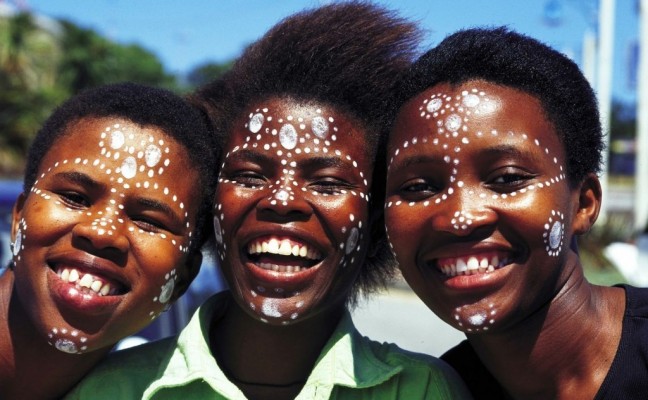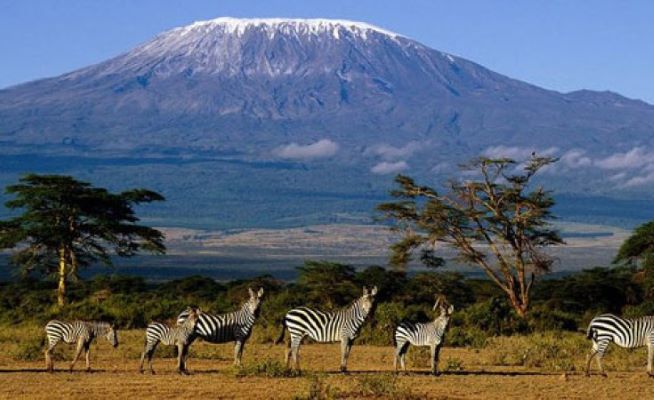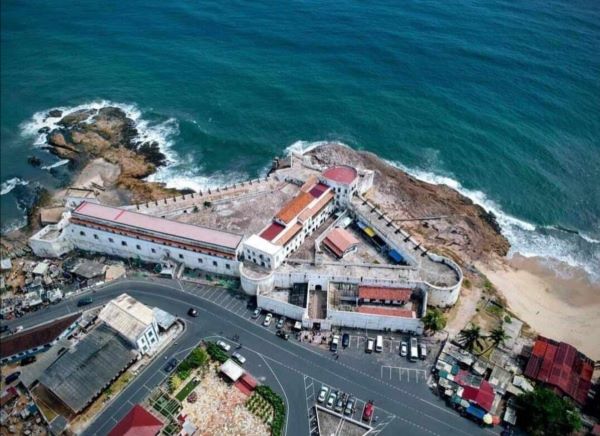Africa’s road to tourism recovery from the raging pandemic has been hindered by bumps of sporadic emergence of various variants of Coronavirus.
No matter what the forecast has been and how much optimism has been expressed, there appears to be no end in sight, neither is there respite for hope especially with the current Omicron variant spreading like a wild raging fire. And with the advent of the so-called ‘Flurona’ – a combination of COVID-19 and influenza, it’s hard for one to tell the extent of impact this whole pandemic would have on the travel and tourism sector in Africa.
Nevertheless, it is not all doom and gloom as some businesses have well reinvented themselves to keep up with the changing tides. Besides, if there is one thing that tourism is known for, is its resilience in the face of adversities and unexpected events.

The latest UNWTO World Tourism Barometer showed a 4% growth in global tourism although it fell short of the pre-pandemic year of 2019 at a staggering 72%. The UNWTO estimates revealed that Africa saw a 12% increase in arrivals in 2021 compared to 2020, though this is still 74% below 2019.
The above statistics shows a slow recovery rate of tourism particularly on the continent which needs to be safeguarded and improved upon if Africa is to maximize the full potential of the sector. Tourism, regardless of the battering it has suffered from Coronavirus should count for something for those whose businesses and livelihoods depend on it.

It is no secret that to wish for pre-COVID tourism growth rate anytime soon may at best be described as unnecessary wishful thankful. But the truth is that tourism stakeholders cannot give up. This is because Africa has still got a lot to offer; friendly people, wild adventure, safaris, incomparable cuisines, a tapestry of rich and unique cultures, music, abundant wildlife, flora and fauna. From breathtaking mountains to vast waterfalls, it is safe to say that nature’s best kept secrets are still in Africa and await for exploration.
This means as a government, business, or private stakeholder in the tourism industry, you have work to do in ensuring that the challenges that have been brought on by Coronavirus are circumvented in order to promote destination Africa and to keep the continent on the minds of tourists both within and outside of Africa.

That the current situation calls for radical thinking, cannot be iterated enough. Stakeholders need to think outside the box and still make sites and destinations accessible whether remotely or virtually. It is time for people who are concerned about the industry to move from constantly holding virtual meetings and proffering recycled solutions and actually putting these suggestions and ideas into actions.
At the core of these solutions which enables the virtual meetings in the first place, is technology. Unfortunately, application of technology in enhancing tourism which has become particularly salient in this period is still seemingly far off from Africa’s tourism sector. This is not good, considering that elsewhere, countries, destinations and businesses have hinged their recovery firmly on the power of technology; especially, use of artificial and augmented reality tools.

In the heat of the pandemic, countries like Kenya successfully launched programmes such as Virtual Safaris to allow for people to have tourism experiences while at home. This is worthy of emulation by the rest of the countries in Africa.
Also worthy of note is strong collaborations between and among countries. The me-first attitude with which tourism on the continent has been approached by individual countries has only been aggravated by the pandemic.
Indeed, every country should have its own way of handling their tourism recovery. But the power of collective bargaining which can only be facilitated by strong partnerships cannot be overlooked. This would ensure that individual countries deal with challenges from a common front which is more formidable and sustainable.
The latest world tourism and travel competitive index shows countries chalking mild successes in remaining competitive regardless of the difficulties accompanying the pandemic.
Whatever these countries did and are still doing, it is important that countries that wish to better their standings draw lessons from them. And this can only happen with inter-government and inter-tourism agency collaborations.
Again, African countries must free their states for easy access. Yes, the virus is still around but blanket and excessive restrictions have not necessarily made the situation any better. The World Health Organisation in its latest communique has urged nations to lift travel bans and mandatory vaccination for entry into countries.

“The failure of travel restrictions introduced after the detection and reporting of Omicron variant to limit the international spread of Omicron demonstrates the ineffectiveness of such measures over time. Travel measures should be based on risk assessments and avoid placing the financial burden on international travellers in accordance with Article 40 of the IHR,” who stated.
It is refreshing to note that Ghana has heeded the call to relax its travelling restrictions and now, does not demand visitors to be compulsorily fully vaccinated before they come into the country.
No matter how bleak the pandemic seems to have shaped Africa’s tourism outlook, it is possible for us to make the situation better and make tourism work for all. This calls for a ‘we’ve got this’ attitude from every stakeholder and sound and reasonable actions from leaders and those in power.
By: Samuel Obeng Appah








